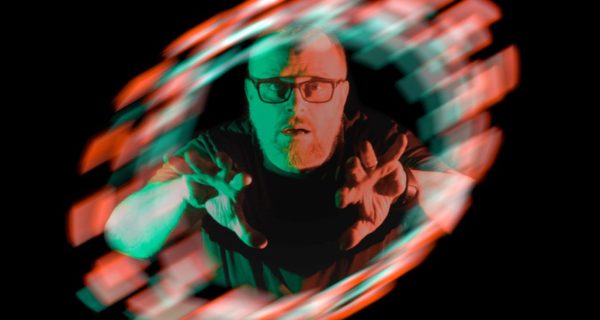A thought about “creating our own reality.”
I hear this phrase a lot and feel that there is both truth and untruth present within it, or perhaps a promising half-truth that never fully delivers, at least not with logical consistency. The same strange truth/untruth applies to the adage “Life doesn’t have meaning; we create our own meaning.”
The true part of this sentiment is that we are creatures of free will, and our decisions and outlook can mold the world around us, as well as our own attitudes and the ideas that affect our perception. As Dumbledore in Harry Potter might observe, we are not merely our talents but our choices, not just what we have been given, but what we make of it. We are also not merely the sum-total of our experiences, nor even the cards life deals us, but how we choose to respond and grow on an interior level.
However, there is, to me, something rather untrue in the concept of “lending meaning to lack of meaning” merely with a positive outlook, because if life really is meaningless – not inherently meaningful beyond ourselves in some way – then it is meaningless whether or not we trick ourselves into thinking otherwise. I think that this is the point at which traditional Abrahamic religions draw a line from other eastern spiritual traditions. We believe that God’s view, not our own, is the ultimate “definer” of reality as it is.
Doing the things we love, being with the people we love, and striving for success and productivity are all worthwhile endeavors, but at the heart of these things, if we believe love and self-development are just distractions to convince us of our own “meaning” when in reality we are caught in a cosmic web of meaninglessness, that view is ultimately self-defeating. But I would say there is hope in there being a “web” at all, because it indicates a pattern, a purpose, a meaning more profound than we can ever probe or understand.
Our quest to bring meaning to our own lives comes from our longing to reach out to that deeper, universal meaning that gave rise to us and enriches us on our individual and collective journeys. I would also add that if meaning is solely attached to achievements or being the master of one’s own life, then we lose something vitally important, and that is the ability to enter into what I would call the contemplative life, the silence of humility and being stripped of our own necessity to strive for worldly goods.
In essence, we must be careful not to make our own personal “meaning” an idol that replaces the quest for union with the universal meaning, that is God. Catholics striving to follow the contemplative life, seek to empty themselves of themselves so they can more clearly connect with this reality of which we are a part, and yet which we do no create of our own accord. We submit to a power beyond our ken, and yet whom we believe to have emptied Himself into the form of a slave, and suffered an utter separation from all worldly gains and achievements, even unto death.
And every moment of helplessness and failure is like a little death in the human spirit, and yet a death that may still pave the way for new life if we embrace it with the spirit of Jesus, our Savior, and lay down our hearts and souls in vulnerable loves to save others in return. This is how beauty is built upon suffering on this plane of existence. A painfully profound magic we cannot hope to understand, but which we must receive and allow to transform us.
In medieval mystical tradition, this was the Vision of the Holy Grail, which can only be attained through receiving three “wounds”: contrition, compassion, and a longing after God. By being pure from self, and seeing the wounds sin has inflicted upon Man, represented by the God-Man upon the Tree and His Blood poured out into the Grail, an individual is overcome with compassion and a willingness to sacrifice oneself in a life of service and healing. And this, in the Christian life, is the embodiment of meaning.
